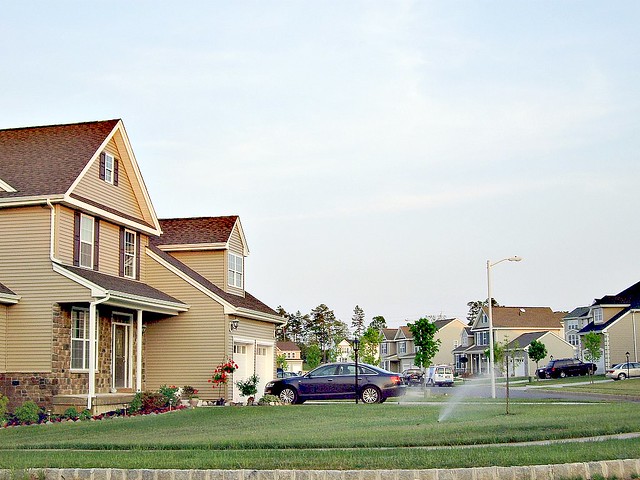The Land of the Free? Well, Maybe If You Own Land
“Homeowners are vastly overrepresented among local elected officials across cities of all sizes.”
A new working paper from political scientists at Boston University, finds a dramatic underrepresentation of renters at all levels of government in the United States. This has profound effects on our economy, which is regulated to favor wealthier homeowners to the detriment of the poor and landless.
Important takeaways:
- An analysis of 10,000 government officials and 173 cities found that homeowners are overrepresented by over 30%. (And since this is still a working paper, the researchers concede that this is likely an undercount.)
- One major outlier? Minneapolis, where 6 of 14 city councilmembers are renters, including Mayor Jacob Frey. It just so happens that the city passed the most ambitious zoning reforms in the country this year, legalizing apartments citywide.
- Renters are not less likely to win elections—they are, however, less likely to run for office. Disproportionate candidate recruitment is likely a consequence of greater economic resources and security of tenure that homeowners enjoy.
When U.S. Representative Alexandria Ocasio-Cortez (D-NY) was elected to Congress, she faced an unexpected challenge: she had to find an apartment to rent in Washington, D.C.’s expensive housing market, but she would not draw a salary until three months after swearing-in. This obstacle may seem obvious to many workers moving to a city for new opportunity, but it is seldom discussed in government. AOC’s housing setback illustrates the severe disenfranchisement of renters in our government, and we now have hard data to understand the magnitude of tenant underrepresentation in elected office. In short, it’s yuge.
Out of 1,618 city councilmembers and mayors, authors Katherine Levine Einstein, Joseph T. Ornstein, and Maxwell Palmer were able to confirm at least 70% of them as homeowners. Only 5% yielded no match to any owner-occupied property. The researchers estimate that the homeownership rate among these local officials is likely closer to 83%, based on the probability of owning a home in their cities. Overall, the homeownership rate among these politicians was 32% higher than the constituents they represent.

Perhaps more surprisingly, this was relatively consistent across race, class, and gender lines, despite the disproportionately higher rate of homeownership among wealthy white men in the general population.
Is it simply a coincidence that, according to a 2018 report by the California Housing Partnership, subsidies for California homeowners total an annual $6 billion—15 times higher than benefits for renters? Future research may want to test such a null hypothesis by evaluating whether renters in local government tend to support pro-tenant policies more strongly. There is some countervailing evidence suggesting that renters may behave more like homeowners in advocating for restricted housing opportunities in their own neighborhoods, but not citywide (Hankinson 2017).
Levine Einstein et al found that renters simply don’t run for office as much as homeowners. Whether this is dearth of candidate recruitment is caused by a lack of faith in government, or simply greater economic insecurity, would be a fruitful area for future research. Nevertheless, we are committed to fostering a grassroots movement to elect more renters to represent renters, and dismantle the cartel-like power of homeowners dominating local governments. That starts with knocking on doors, building people power, and giving aspiring leaders with less resources the confidence they need to run. Will you join us?